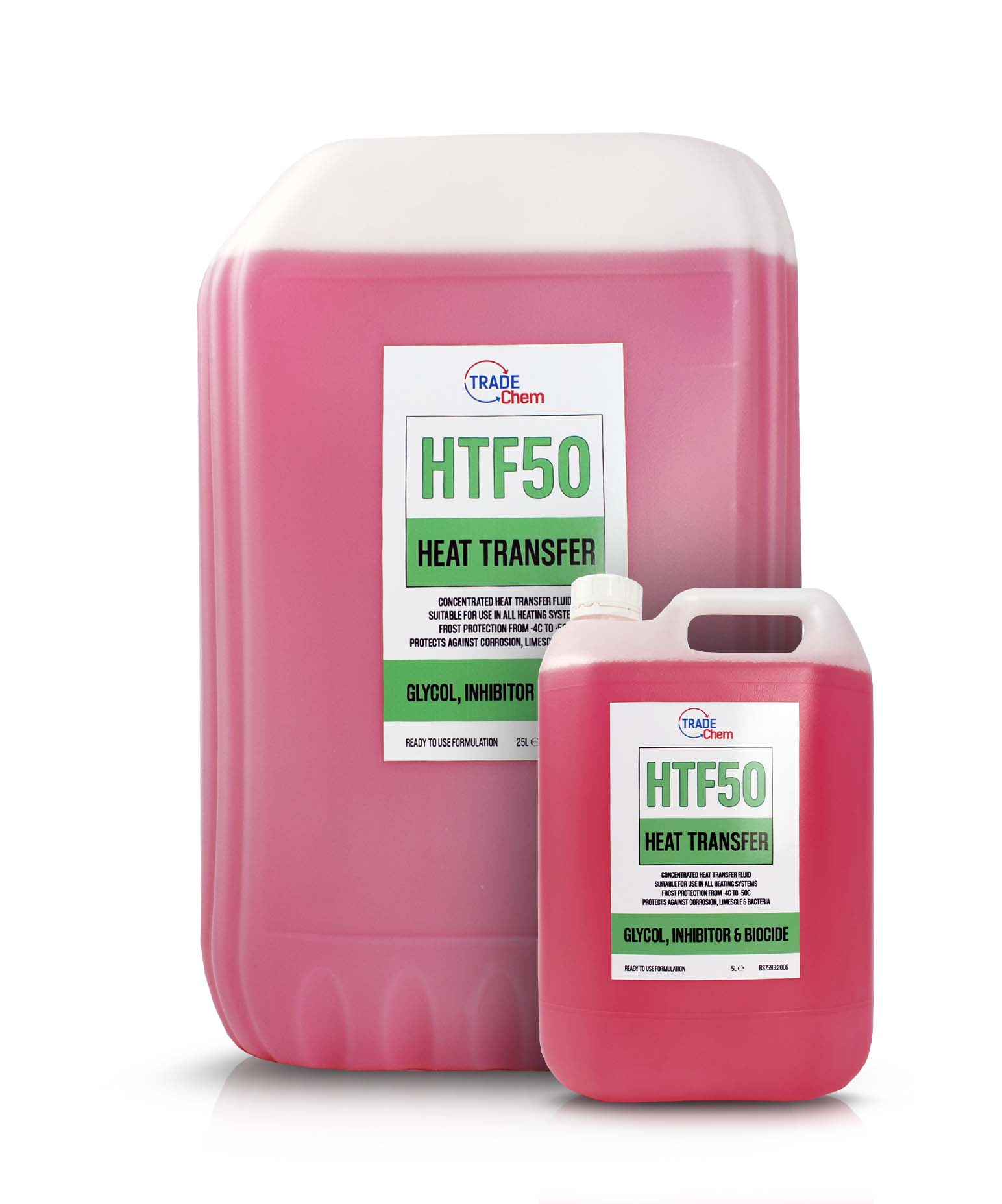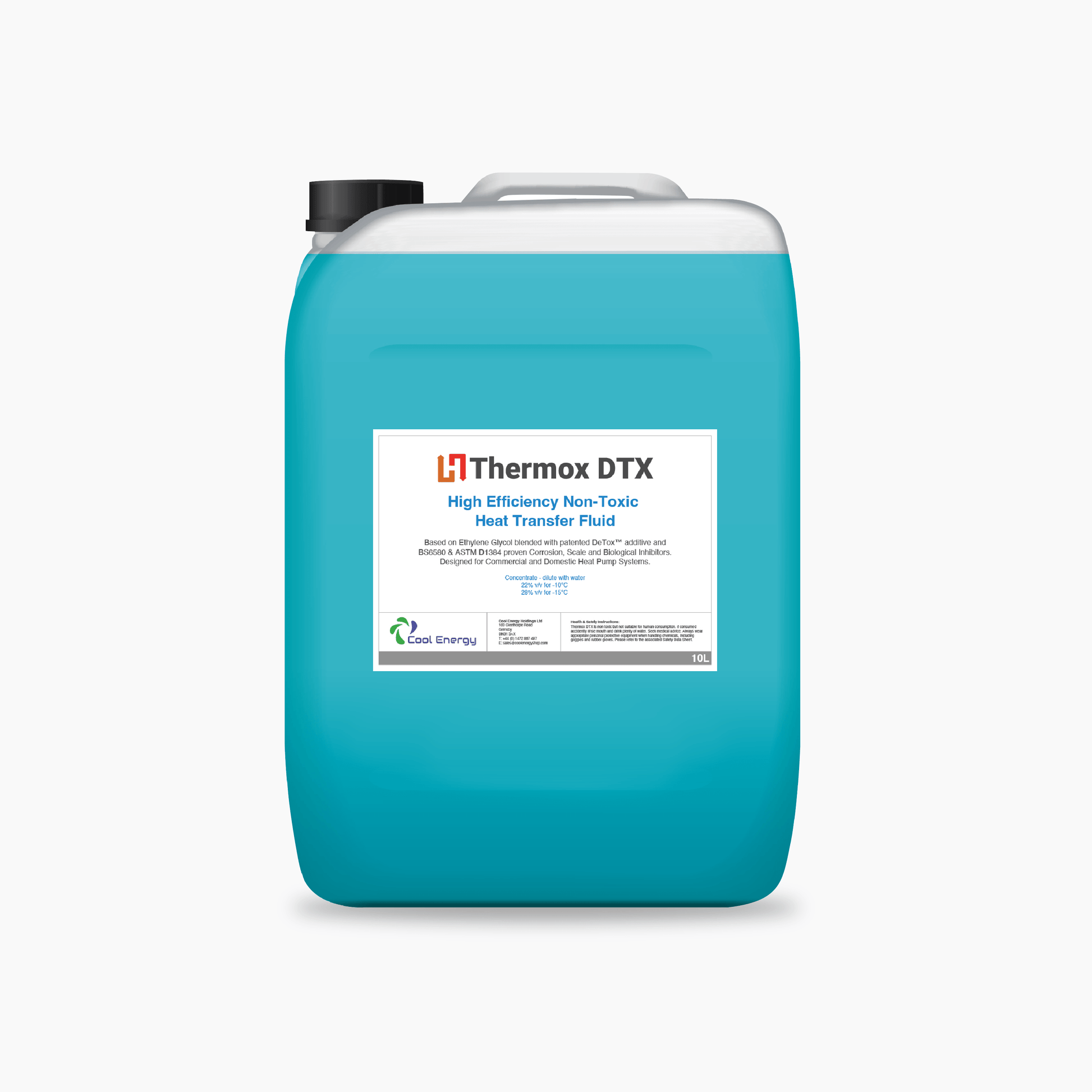Just How Heat Transfer Fluid Effects the Performance of A/c Systems
Just How Heat Transfer Fluid Effects the Performance of A/c Systems
Blog Article
Just How Warmth Transfer Fluid Adds To Lasting and Cost-efficient Procedures
In the modern-day commercial landscape, the function of warmth transfer liquids (HTFs) in advertising sustainable and cost-effective operations can not be overstated. These fluids are crucial in optimizing thermal management systems, consequently considerably enhancing energy efficiency and minimizing operational prices. Moreover, the environmental advantages of advanced HTFs, with their high thermal stability and low poisoning, are obvious. They not only prolong system longevity yet likewise add to the reduction of harmful exhausts. The true possibility of HTFs is recognized through the precise choice process, making sure compatibility and safety and security. However what aspects should guide this vital option?
Comprehending Heat Transfer Liquids
In the world of thermal monitoring, heat transfer fluids (HTFs) serve as essential representatives for transferring thermal energy from one place to another. These fluids play an essential role in different industrial applications, consisting of chemical handling, power generation, and Heating and cooling systems.
The structure of warmth transfer liquids can differ dramatically, consisting of choices such as mineral oils, artificial oils, glycols, and molten salts. Each type supplies unique benefits, such as boosted thermal stability, reduced viscosity, and high boiling factors, which are picked based on details operational needs. Moreover, the choice of HTF impacts not just the effectiveness of warmth transfer yet also the long life and security of the system in which it is employed.
As industries remain to introduce, the growth of advanced HTFs, defined by their improved thermal conductivity and lowered environmental impact, is crucial for satisfying the demands of modern-day thermal monitoring difficulties.

Enhancing Power Effectiveness

Improving energy efficiency has ended up being a critical issue throughout different industries, prompting a better assessment of heat transfer liquids' duty in enhancing thermal administration systems. These liquids are integral to maintaining the wanted temperature level in procedures, thereby lessening power waste and boosting general system performance. By selecting an ideal heat transfer fluid, industries can considerably boost their power performance, leading to decreased energy usage.

Advanced solutions of warm transfer liquids have been developed to hold up against extreme temperatures while keeping stability and performance. Enhancing power effectiveness with optimum heat transfer liquid selection is not just a technological necessity however additionally an environmental critical.
Minimizing Operational Prices
Functional costs are a considerable consideration for markets looking for to preserve competitive benefit, and the choice of heat transfer liquid plays a crucial function in expense administration. Choosing a suitable warmth transfer liquid can cause significant price financial savings by boosting system performance and lowering power intake. High-performance fluids decrease thermal destruction, which consequently minimizes the regularity of liquid substitute and downtime connected Continue with maintenance, thus decreasing functional expenditures.
Additionally, warmth transfer liquids with superior thermal stability and corrosion resistance extend the life-span of devices. This lowers the need for constant fixings and substitutes, which can be expensive and disruptive to operations. By purchasing high-quality liquids, industries can achieve long-term decreases in upkeep prices and enhance the reliability you could check here of their systems.
In addition, advanced warmth transfer liquids frequently exhibit reduced viscosity at running temperature levels, which improves pump performance and minimizes power use in fluid blood circulation. Numerous modern-day warmth transfer fluids are engineered to run successfully over a large temperature variety, decreasing the requirement for several liquid kinds, thereby streamlining supply needs and lowering linked prices.
Ecological Influence Decrease
The push in the direction of decreasing ecological effect has gained energy in markets leveraging warm transfer liquids. Warmth transfer liquids (HTFs) play an essential duty in this change, providing possibilities to enhance energy performance and lower emissions - heat transfer fluid.
Moreover, the use of sophisticated warm transfer fluids adds to better system efficiency, minimizing the total energy usage. This decrease not just leads to cost savings yet also reduces carbon dioxide exhausts, assisting in the battle versus climate adjustment. Liquids that are biodegradable and recyclable further enhance sustainability efforts, as they lessen waste and promote round economic climate techniques.
In addition, including HTFs right into closed-loop systems stops fluid loss and contamination of the surrounding environment. This strategy guarantees that liquids are reused, decreasing the need for new sources and restricting waste generation. By welcoming these ecologically conscious approaches, markets can substantially reduce their environmental impact while maintaining high functional performance, aligning with worldwide sustainability objectives and regulatory needs.
Selecting the Right HTF
Selecting the appropriate warm transfer fluid (HTF) is a crucial action in advancing ecological sustainability within industrial procedures. The selection of HTF directly influences system effectiveness, power intake, and environmental effect. A perfect HTF must possess a high thermal capability, reduced thickness, and high thermal conductivity to make certain effective heat transfer. Furthermore, its security over a wide temperature level variety is critical to useful link avoid degradation, which can result in boosted emissions and waste.
This makes certain longevity and lowers upkeep costs. The fluid ought to be non-toxic and naturally degradable, reducing its environmental footprint and making sure conformity with ecological regulations.
Verdict

Report this page